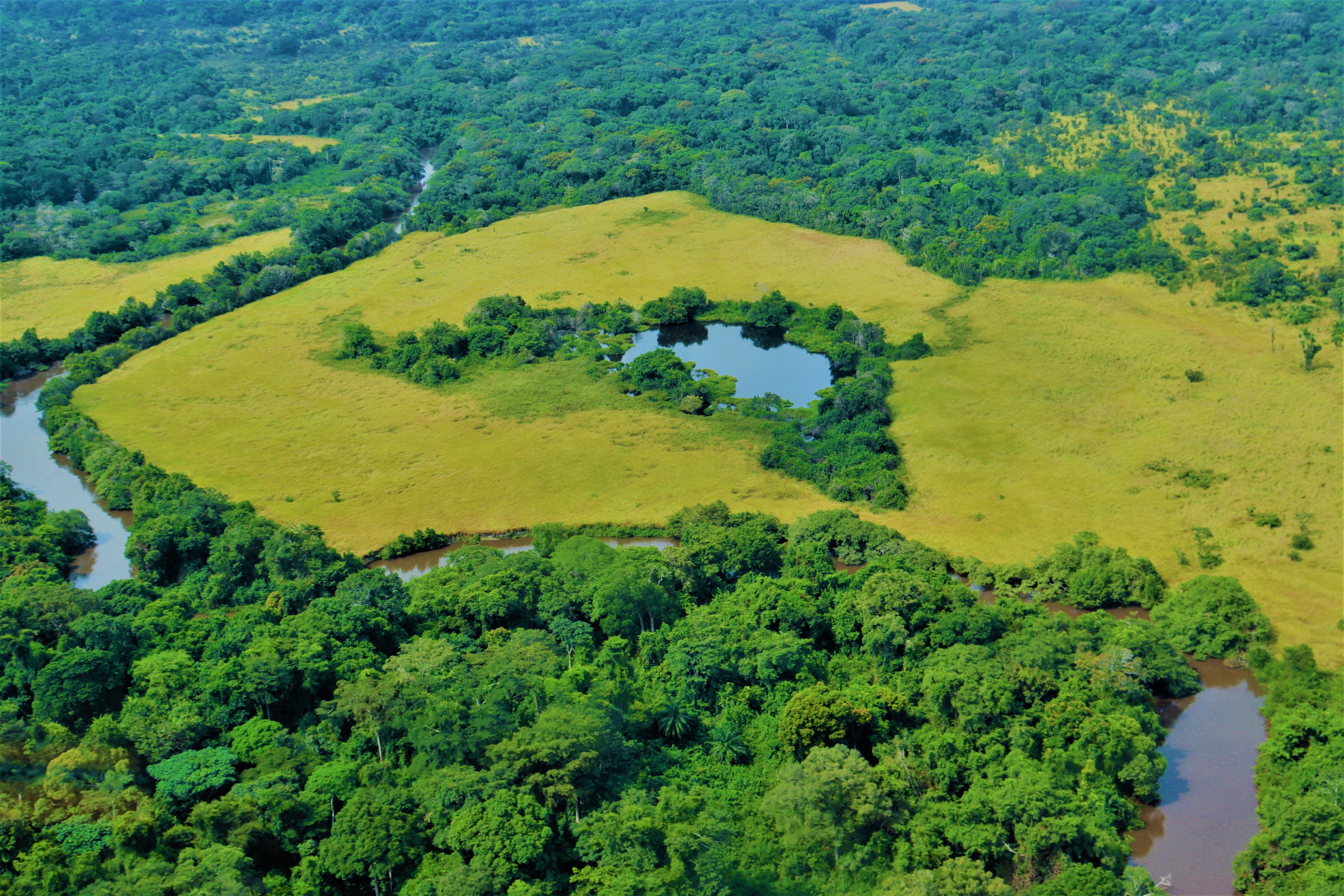DRC’s Bili-Uele Has Potential to Help Fight the Climate Battle

In the heart of Africa, the Democratic Republic of the Congo (DRC) is a cornerstone for global conservation, its lush landscapes teeming with unparalleled biodiversity. More than a sanctuary for the iconic wildlife of the African rainforests and savannahs, the Congo is a critical ally in the fight against climate change. The Uélé–Bili–Mbomu (UBM) landscape is nestled within this ecological marvel, a sprawling wilderness area covering over 100,000 square kilometers. But it's not just its expansive size that sets this landscape apart; it's its vital role as part of the Congo Basin Forest, often dubbed Earth’s second lung.
While less renowned than the Amazon, the Congo Basin Forest is a dynamo of global ecological importance. The World Bank recently highlighted its status as the most critical terrestrial forest on Earth for climate change mitigation. According to Clive Meakin, the UBM Landscape Director, this region is our most potent weapon against the devastating impacts of climate change and a lifeline for the local communities and unique species that inhabit it.
Yet, this ecological haven is under siege. Illegal mining and commercial bushmeat hunting are escalating, posing a dual threat: destabilizing the region and our planet's climate equilibrium. That's why launching a groundbreaking initiative, "Improving Security in the Bili-Uele Protected Area Complex," is not just timely but imperative. Funded by the Segré Foundation, the project aims to establish two critical control gates on the Bili and Uéré rivers within the next 18 months. These gates will do more than just restrict access; they are envisioned as fortresses of sustainability that will deter illegal activities and help protect endangered species like the eastern chimpanzee, forest elephant, and African lion.
Safeguarding this precious region requires more than physical barriers; it necessitates a human touch. A specialized training program recently culminated in 23 eco-guards learning advanced techniques in checkpoint management, wildlife trafficking detection, and human rights compliance. These ecoguards are not just protectors but also educators and future trainers, geared to propagate essential conservation skills. Bernard Iyomi, site manager of the Domaine de Chasse de Bili-Uéré, couldn't be more enthusiastic about the multiplier effect these trained guards will bring to the project.
In a nod to the complexity of the task at hand, the project launch also convened an eclectic mix of stakeholders—from local authorities, security agencies, and NGOs to community leaders. Antoine Tabu, DRC Country Coordinator, sums it up best, "While we're still at the beginning, the goals are monumental. Beyond securing the landscape, we're looking at empowering local communities and instilling a rights-based approach to conservation."
As we press forward in our journey to mitigate climate change, the gates being erected in the Bili-Uele Protected Area Complex symbolize more than just entry points to a forest; they are gateways to a new paradigm. It is one where conservation bolsters security, local communities thrive in harmony with the land, and the Congo Basin continues its irreplaceable role as a global climate stabilizer.
As Africa convenes in Nairobi from the 4th to 8th of September 2023 for the Africa Climate Summit and Week, as an organization that is focused on elevating the importance of nature, we are excited for the expected outcomes that will place Africa as a key solution to the climate crisis. This project is a step in the right direction.